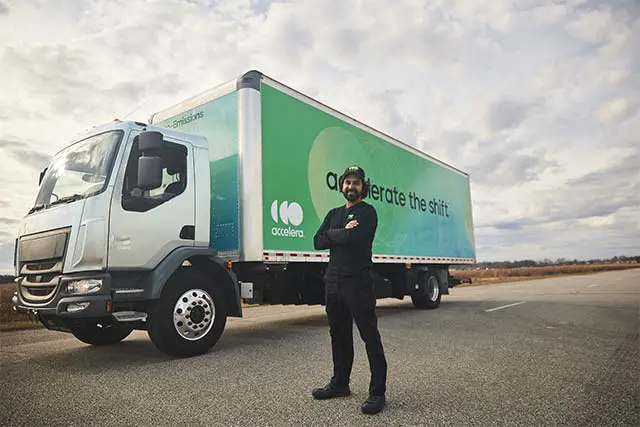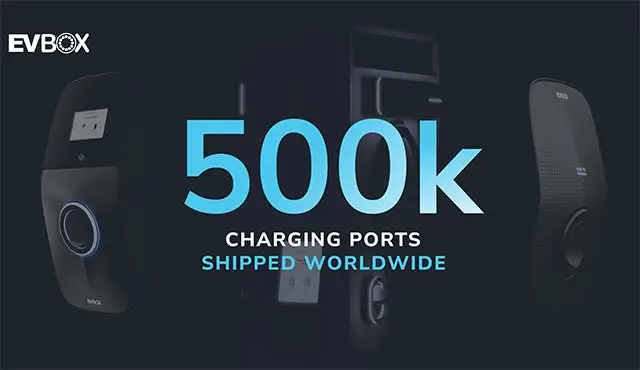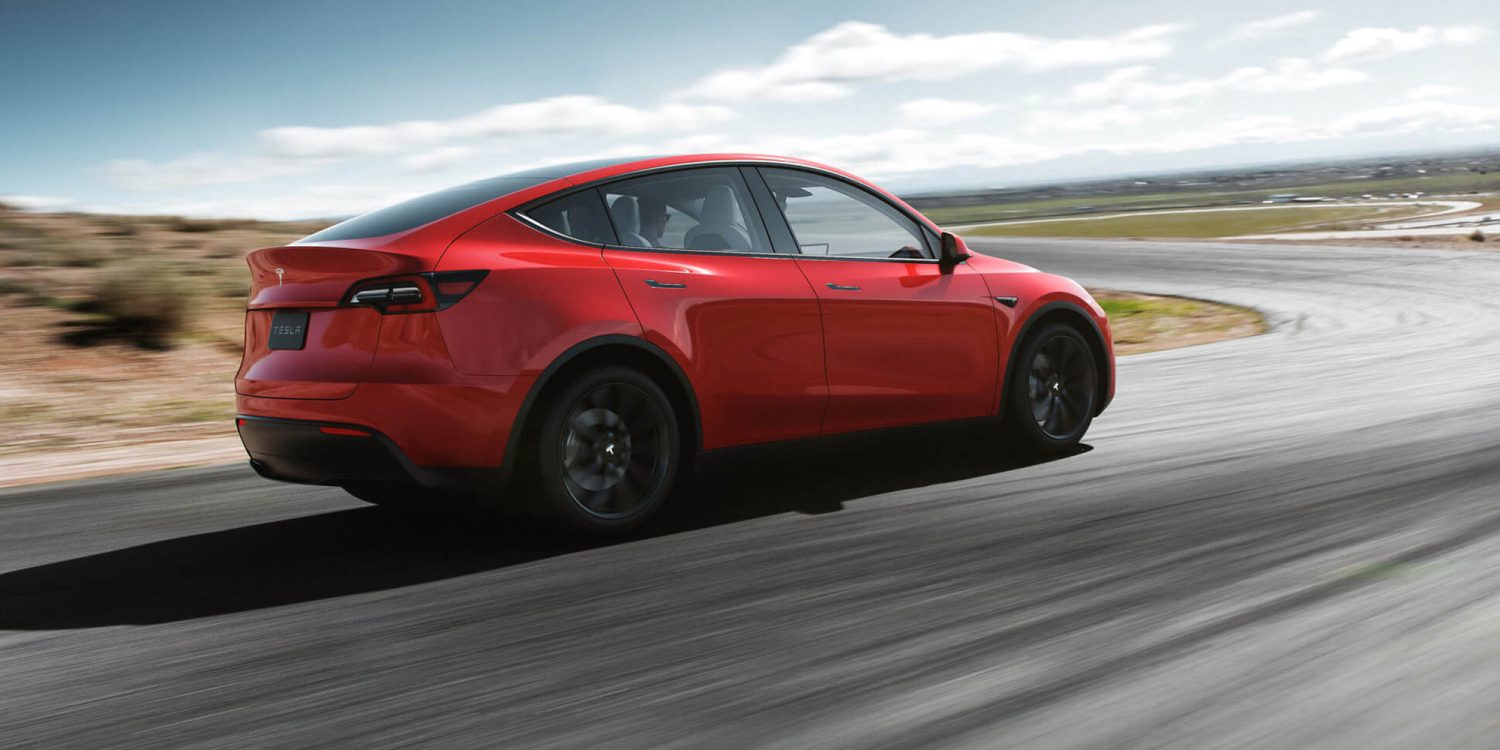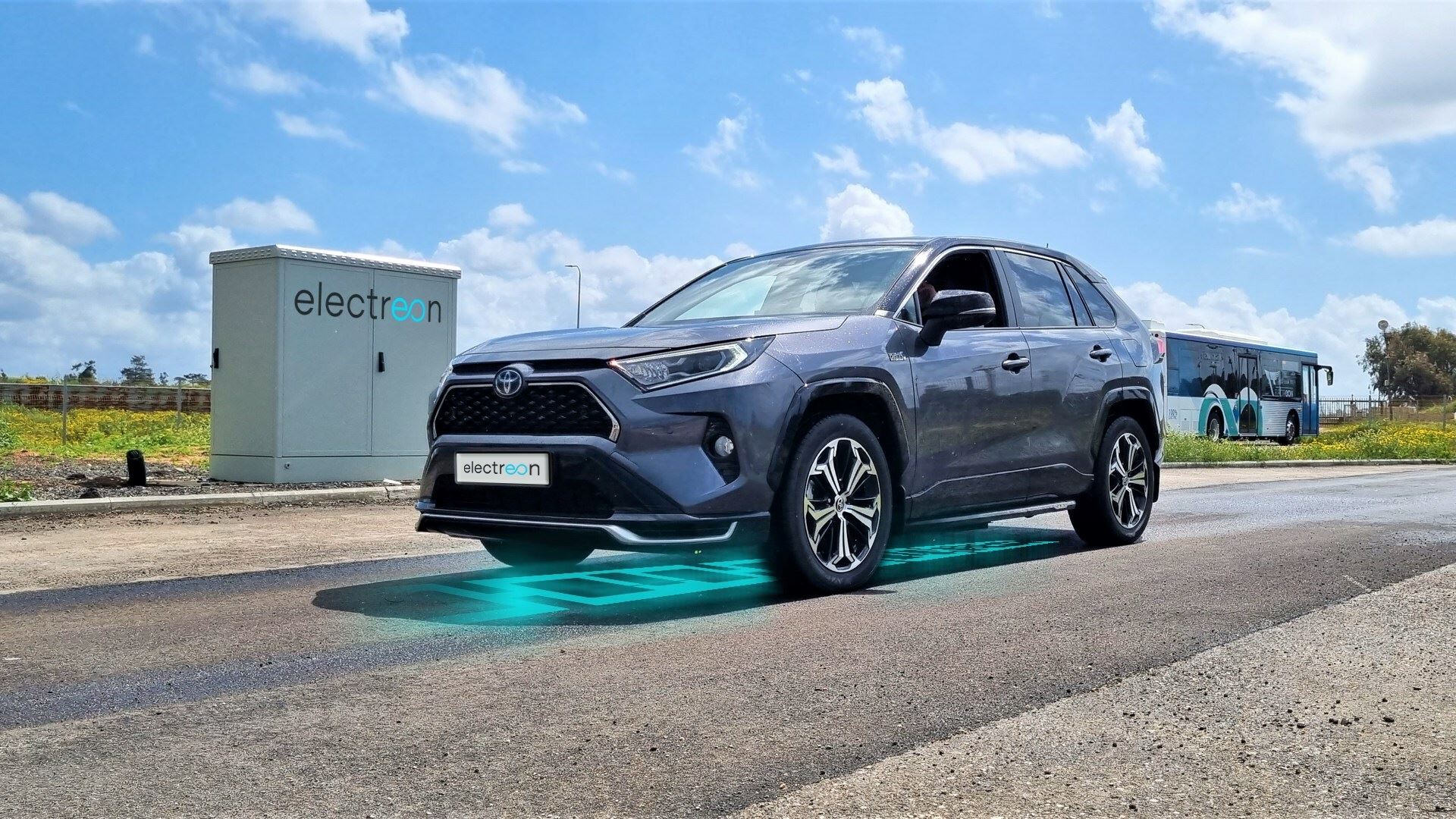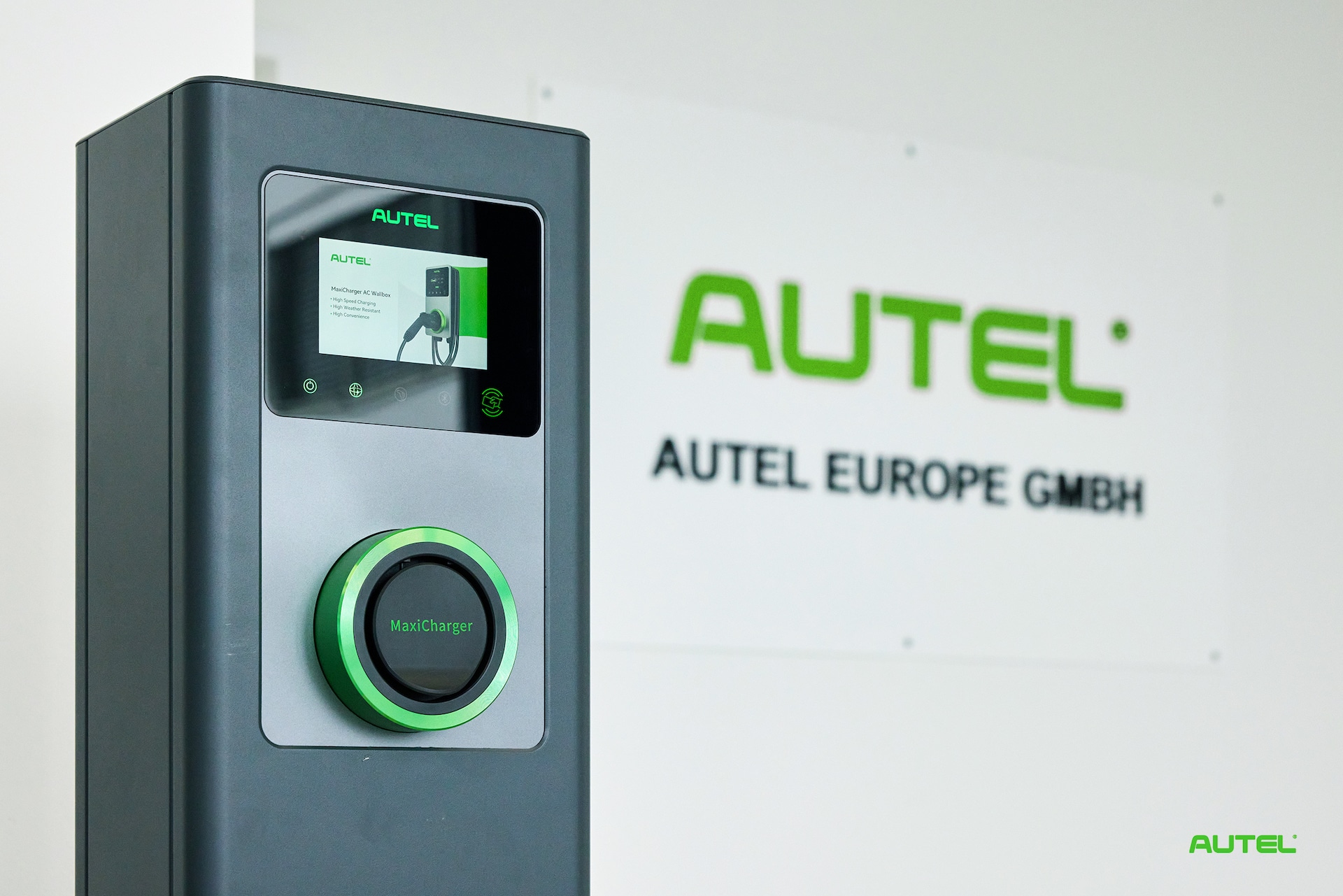As we move towards a greener future, the debate over the best way to achieve it rages on. The recent agreement by the European Union (EU) to ban the sales of new combustion engine vehicles by 2035 has been a hotly contested topic, with many arguing that the move is too drastic and unrealistic. However, the recent inclusion of exceptions for e-fuels has brought some relief to those who have been calling for a more gradual transition.
The EU’s original proposal to ban new combustion vehicle sales by 2035 was met with resistance by Germany, a major automotive powerhouse in the region. Germany argued that the proposal lacked clarity regarding carbon-neutral e-fuels, and its opposition threatened to derail the entire plan. This prompted the EU Commission to revise its proposal to include exceptions for combustion vehicles that run entirely on carbon-neutral fuel alternatives.
After days of intense negotiations, an agreement was finally reached between the EU and Germany, which allows some combustion vehicles to be sold after 2035, as long as they use carbon-neutral fuel alternatives. This compromise has been welcomed by many, as it provides a more flexible and realistic path towards a carbon-free future.
However, not everyone is pleased with the compromise. Environmental activists have criticized the inclusion of e-fuel exceptions, arguing that they distract from the broader goal of transitioning to fully-electric and zero-emission vehicles. They see the use of e-fuels as a temporary solution that delays the inevitable transition to electric vehicles, which they believe is the most sustainable path forward.
Despite the criticisms, the inclusion of e-fuels exceptions could prove to be a crucial step in the transition towards a carbon-free future. While electric vehicles are the ideal solution, they are still not accessible to everyone due to their high cost and limited availability. E-fuels, on the other hand, can be used in existing combustion engines, making them a more accessible and cost-effective alternative.
The agreement between the EU and Germany also highlights the need for continued innovation and development of sustainable fuel alternatives. As we work towards a greener future, it is important to explore all possible solutions that can help us achieve our goals. E-fuels may not be the ideal solution, but they could be a crucial stepping stone towards a carbon-free future.
In conclusion, the agreement between the EU and Germany to include exceptions for e-fuels in the proposed ban on new combustion vehicle sales by 2035 marks a significant milestone in the transition towards a greener future. While the compromise has been met with criticism from some environmental activists, it highlights the need for continued innovation and development of sustainable fuel alternatives. As we move towards a carbon-free future, it is important to explore all possible solutions that can help us achieve our goals, and e-fuels may prove to be a crucial stepping stone towards that future.


